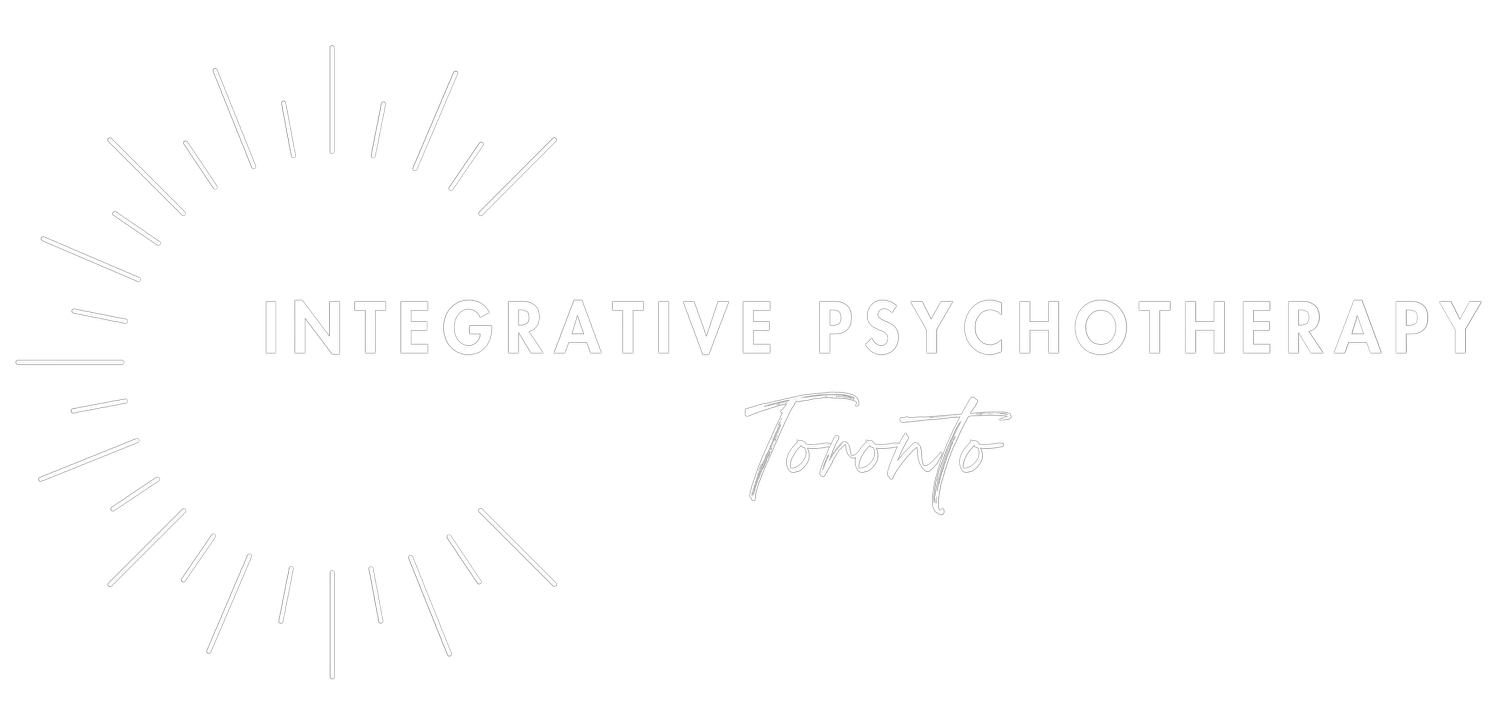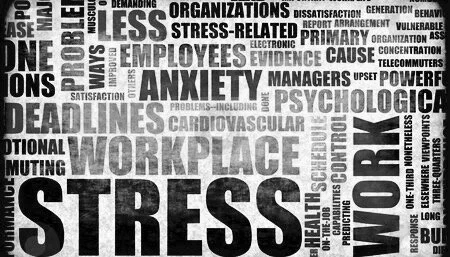Myths and Realities of Mental Health
Myth: Depression is a disease
Depression is not a disease. It’s a symptom, like a fever. It’s a sign that there something is going wrong that needs to be addressed.
There are a host of physical, mental and emotional factors that can lead to depressive states. Thyroid issues, hormonal imbalances and metabolic problems can cause fatigue, mood swings, lack of motivation and apathy – all common symptoms of depression.
Negative thought patters can trigger our body’s stress response, leading to increases in cortisol – the effects of which range from blood sugar dysregulation (hello, irritability) and systemic inflammation to decreased activation and even atrophy of parts of the brain associated with personality, social engagement and memory.
The unfortunate truth is that relegating depression (or anxiety, or substance abuse) to the disease-model fosters surface-level care. Depression? Here’s your Prozac. Anxiety? Valium. Substance abuse? Abstinence. And while these band-aid measures may help to alleviate symptoms, they do nothing to address the underlying cause. They mitigate the smoke rather than treating the fire.
To put it another way, while you might give a child a Tylenol to break their fever, you’re probably not going to ignore the raging infection that gave rise to the fever.
Myth: Depression is caused by a serotonin deficiency
The theory goes, since anti-depressants like Prozac and Wellbutrin operate by increasing the level of neurotransmitters in your brain, then depression must be caused by a deficiency of those neurotransmitters in the brain.
While it can be tempting to confuse correlation with causation, this is an error in logic.
If alcohol eases one’s social anxiety, it doesn’t mean that one’s social anxiety was due to an alcohol deficiency.
If fact, not only does the fact that anti-depressants act on these pathways say nothing about the pathology of depression (back to the Tylenol-fever analogy; they could simply be mitigating symptoms), but we’re not even sure that that is how they work. If you look up the most commonly prescribed anti-depressants, you may be surprised to find that the vast majority of them list their mechanism of action as ‘not fully understood.’
Putting aside the fact that antidepressants constitute a multi billion dollar industry (of which Canada is the third highest consumer) and that the research behind their efficacy is sparse at best, it should be at least mildly concerning that we are putting things in our bodies that neither the pharmaceutical or medical industry really understands.
There are at least 5 competing theories regarding the pathophysiology of depression, of which the neurotransmitter model is just one. And the most probable fact is that they’re not competing at all, but rather they’re all accurate. In much the same way as cardiovascular disease can be caused by a myriad of factors (poor diet, smoking, systemic inflammation, genetics), so too can mental health conditions.
The reality is that mental health conditions are complex, systemic disorders that don’t lend themselves well to simple, single intervention pharmacotherapy. That doesn’t mean such therapies aren’t helpful and shouldn’t be used, but rather that they’re not the whole picture. Such complex conditions require an integrative, personalized approach that takes into account the individual’s unique situation and the specific factors contributing to their mental state.
Myth: Depression is a life long sentence
Depression is an emotional response stemming from a set of circumstances. Extended exposure to any physical, mental or emotional stressor – inadequate nutrition, sleep deprivation, negative thought patterns, social isolation – can create the conditions for depressive states. How we engage with and respond to those conditions determines the emotional consequences.
Change the circumstances, you change the emotional response.
This is not to imply that it’s as simple as changing your attitude; when those “circumstances” can be deeply entrenched belief systems, unhealed emotional wounds or maladaptive coping mechanisms, changing the conditions involves changing aspects of the emotional backdrop of ones life. Which requires work. But thankfully, work that you reap the benefits of for the rest of your life. And work that you don’t need to do alone.







